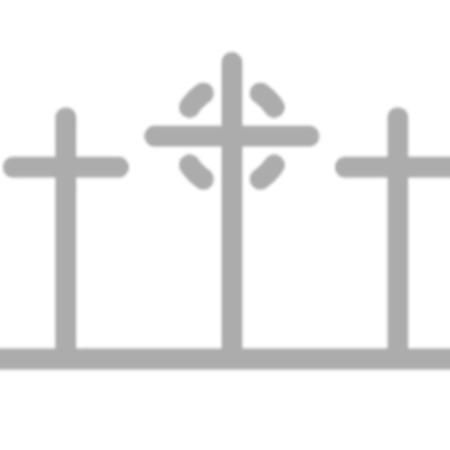Good Friday is the most solemn day of the Church Year. Elements of the liturgy date to the 4th century practices of Jerusalem, in which people moved among the actual sites of Holy Week, and are among the most ancient and universal for Christians throughout the world.
The church understands the service of Maundy Thursday, Good Friday, and the Easter Vigil on Holy Saturday as one great liturgy celebrating the life, death, and resurrection of Jesus Christ. Last night began with an acclamation, but had no dismissal, recalling the disciples’ abandonment of our Lord in the Garden of Gethsemane. Tonight we begin with no acclamation and once again leave in silence.
Today we begin without an acclamation, and leave again without a dismissal, holding ourselves within the entire Three Great Days of the Paschal Triduum.
Good Friday Offering
The history of the Good Friday Offering reaches back to 1922 when, in the aftermath of World War I, The Episcopal Church sought to create new relationships with and among the Christians of the Middle East. From these initial efforts, which focused on a combination of relief work and the improvement of ecumenical and Anglican relations, the Good Friday Offering was created.
Through the years many Episcopalians have found the Good Friday Offering to be an effective way to express their support for the ministries of the three dioceses of the Province of Jerusalem and the Middle East. Pastoral care, education, and health care continue to be primary ministries through which the reconciling spirit of the Christian faith serves all in need. The generous donations of Episcopalians help the Christian presence in the Land of the Holy One to be a vital and effective force for peace and understanding among all of God’s children.
For 101 years, Episcopalians have generously shared their love, compassion, and financial gifts to support the ministry of the Anglican Communion Province of Jerusalem and the Middle East. These gifts have made an astounding difference in the lives of many people in the homeland of Jesus and beyond.


